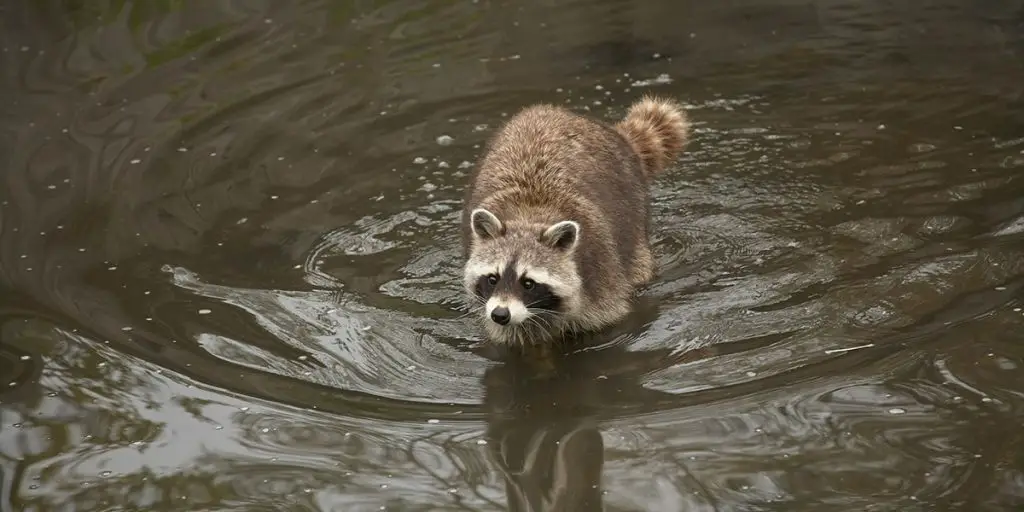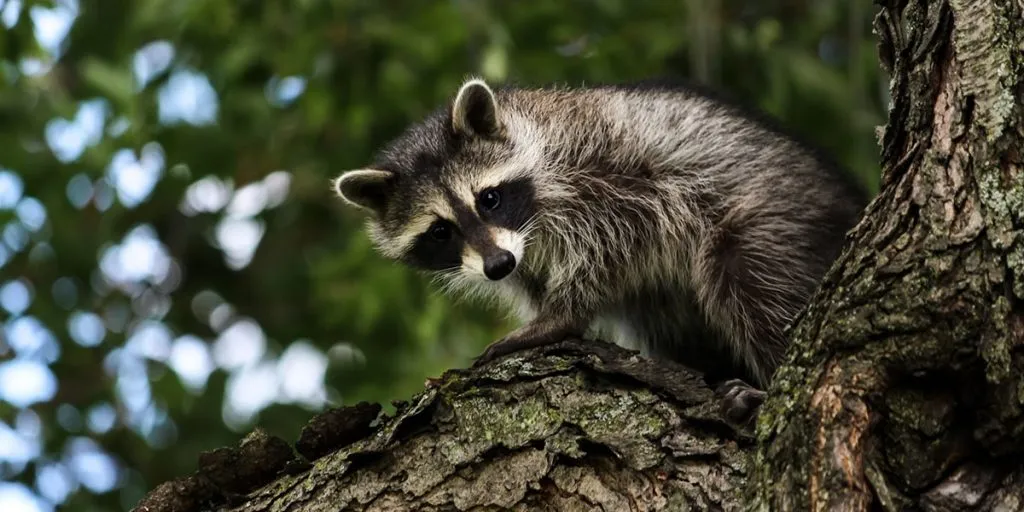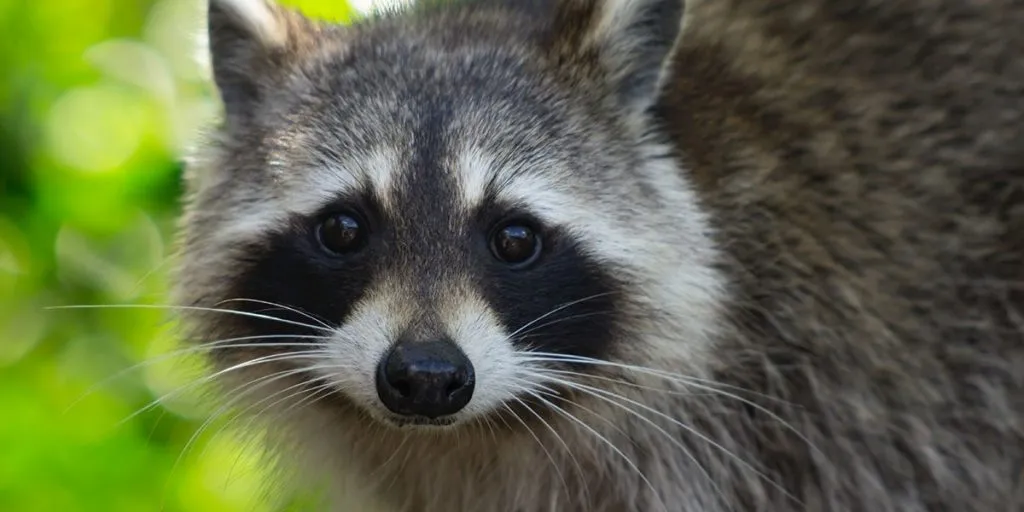Raccoons aren’t just avid tree climbers, they also enjoy a swim in your local lake, pond, river, creek, or pool. They seem to be surprisingly good at navigating their way into even the wettest places on the North American continent.
Most raccoons are surprisingly good swimmers and can often be found in or near water. Raccoons will swim across lakes and rivers to access food, or to escape from potential predators. They are known to stay in water for up to several hours.
The body of the ‘trash panda’ might not be the most optimal for aquatic conditions, but the mammals are highly adaptable and versatile. Water is an essential part of a raccoon’s life, so being able to swim definitely helps them navigate through their natural habitat.
How Good Are Raccoons At Swimming?
Raccoons easily adapt to their environment and are very good at swimming. A raccoon is able to swim for 3 to 8 hours with an average speed of 3 mph (5 km/h), but can swim as fast as 15 mph (25 km/h) to escape predators.
Raccoons like to swim, mainly because they often interact with it through their natural behavior. A raccoon will usually wash its food before eating to gather sensory information. You will always find them near a body of water. Sometimes they will even catch a fish and call it dinner.
Not only do they need access to water to feed themselves, but the ability to swim also gives them an advantage over their natural competitors. Raccoons have many predators, and some of them won’t even dare to come near the water.
At the same time, a lake or river will provide the raccoon with the necessary means of escape from predatory birds, cats, or coyotes. They are pretty skilled at holding their breath, and that can definitely save their lives under certain circumstances.
Do Raccoons Dive Underwater?
Raccoons will dive underwater to escape predators or catch food as deep as 5 feet (1.5 meters). A raccoon can hold its breath underwater for up to 15 minutes, which makes it an excellent diver for a land mammal.
The thick fur of the raccoon will help keep it afloat, so to dive underwater a raccoon will force its head under the surface to catch prey.
It is not a secret that raccoons are seen as pests by humans. Getting rid of a ‘trash panda’ by drowning one is not only cruel, but also ineffective. Since a raccoon has the ability to dive for prolonged periods of time, they are likely to remain conscious and survive an attempted drowning, which makes it a highly cruel extermination procedure.
Do Raccoons Like To Swim?
While raccoons are primarily land mammals, they do like to swim in shallow parts of lakes and rivers. Generally, a raccoon will not like to swim in deeper bodies of water. Since they are nocturnal animals, they prefer to swim at night.
It is not uncommon for these animals to end up in a backyard pool. They don’t end up there for their enjoyment, but rather to ‘wash’ their food. Raccoons are known to submerge their food in water before consuming it to gather sensory information about it.
So if you ever find a ‘trash panda’ in your own swimming pool, don’t panic. It can be dangerous to use a pool after these critters have swum in it. So make sure to deal with this situation in the proper manner.
How To Deal With A Raccoon In Your Pool
Since raccoons are naturally attracted to water, it can easily happen that they will end up in your private backyard pool. While this might seem cute at first, there are some inherent dangers related to this. The most obvious problem is the contamination of pool water.
Both raccoons and house cats have a habit of hiding their feces, and will use a pool as a public toilet.
Physically fishing any swimming animals out of the pool isn’t necessarily problematic. As mentioned earlier, a raccoon isn’t that great at diving. They won’t be able to swim faster than humans can run. A simple pool skimmer is enough to guide the animal to the pool exit.
Pool Water Contamination
A bigger problem is dealing with raccoon poop. Feces that end up in the pool water can be highly dangerous to human health, and even adding chlorine to the pool water won’t be able to avoid that.
Pool feces will often contain the eggs of the worm baylisascaris procyonis, also known as the ‘raccoon roundworm’. While infections in humans are rare, an infection could cause permanent severe brain damage, or even death.
If you notice any floating droppings after a ‘trash panda’ took a swim in your pool, there are a few things a responsible pool owner should do:
- Start by scooping out the feces with a pool skimmer;
- Completely remove the pool filter. Use plastic gloves, never touch the contaminated filter. Make sure to wash your hands with soap immediately afterward and make sure to double-bag dirty filter;
- Backwash the pool filter thoroughly;
- After cleaning, replace the pool filter with a new one.
Pool owners that are dealing with this problem should contact their local pest control company. A professional is able and knowledgeable to humanely get rid of the raccoons for you. It is likely that they need to be relocated, as setting raccoon traps is not permitted by law in most US states.
As a preventive measure, always make sure to cover your pool at night to avoid it from happening again. Having a raccoon in your pool can be harmful to your health, as well as that of the people around you. No matter how fond the raccoons are of swimming in it.



